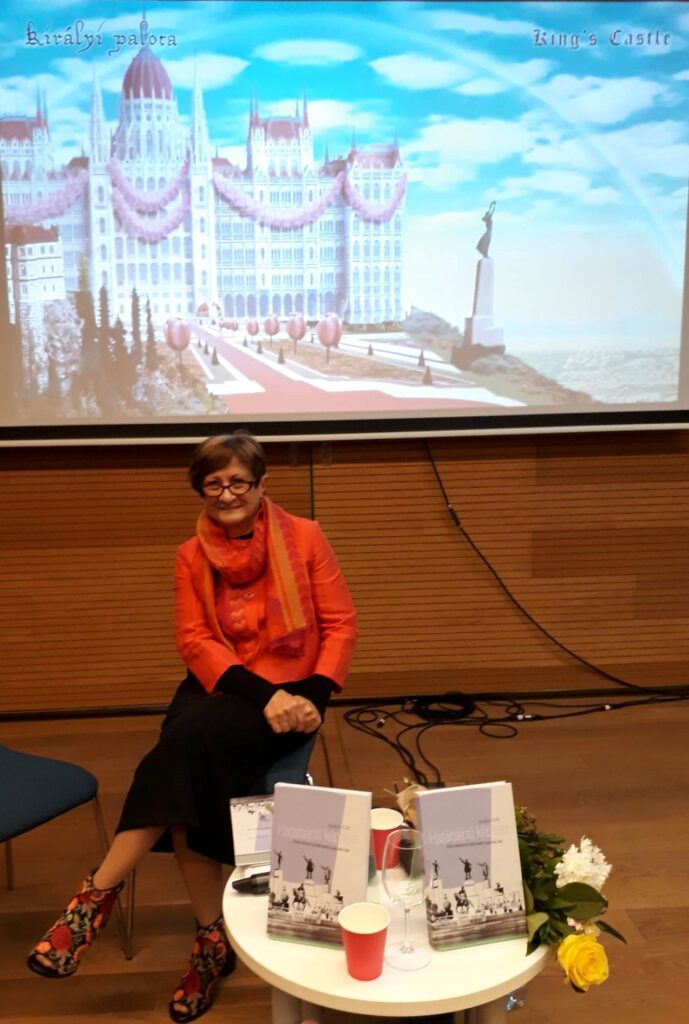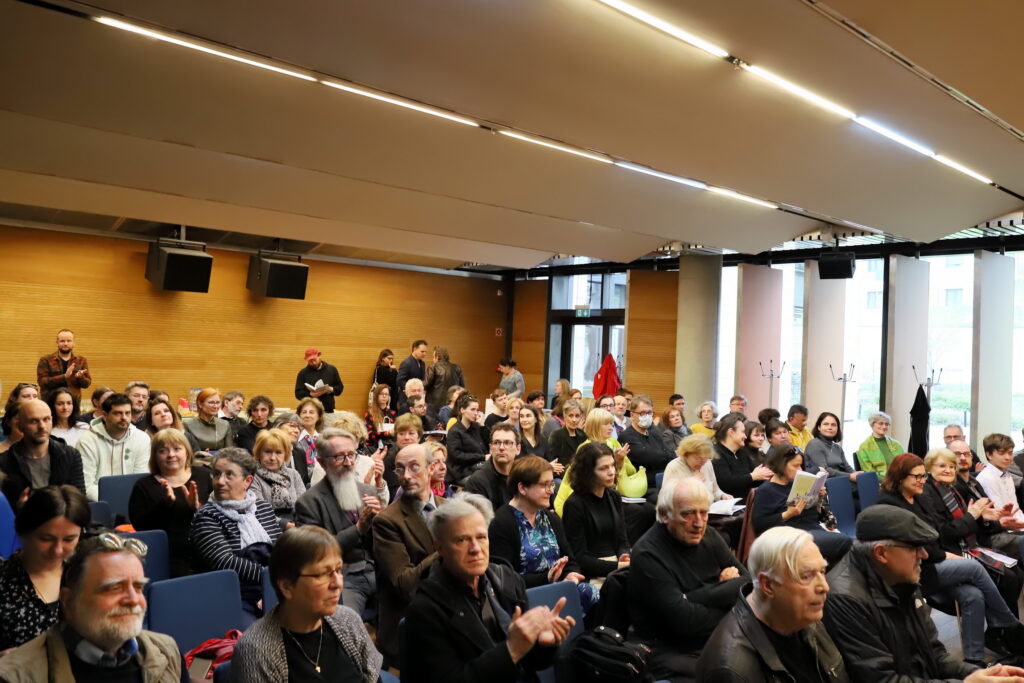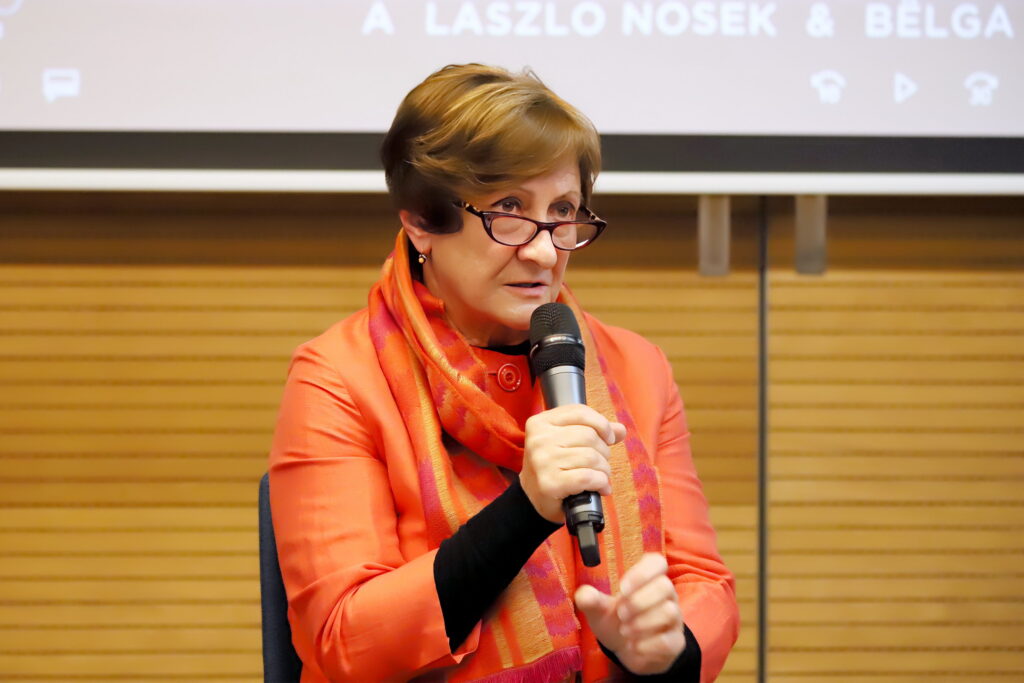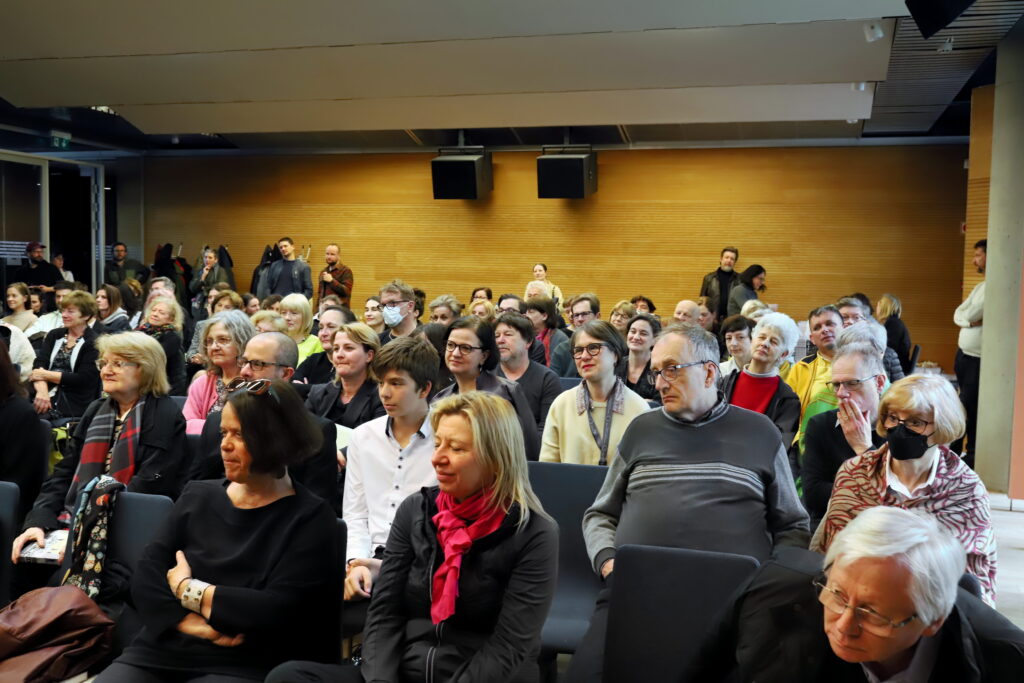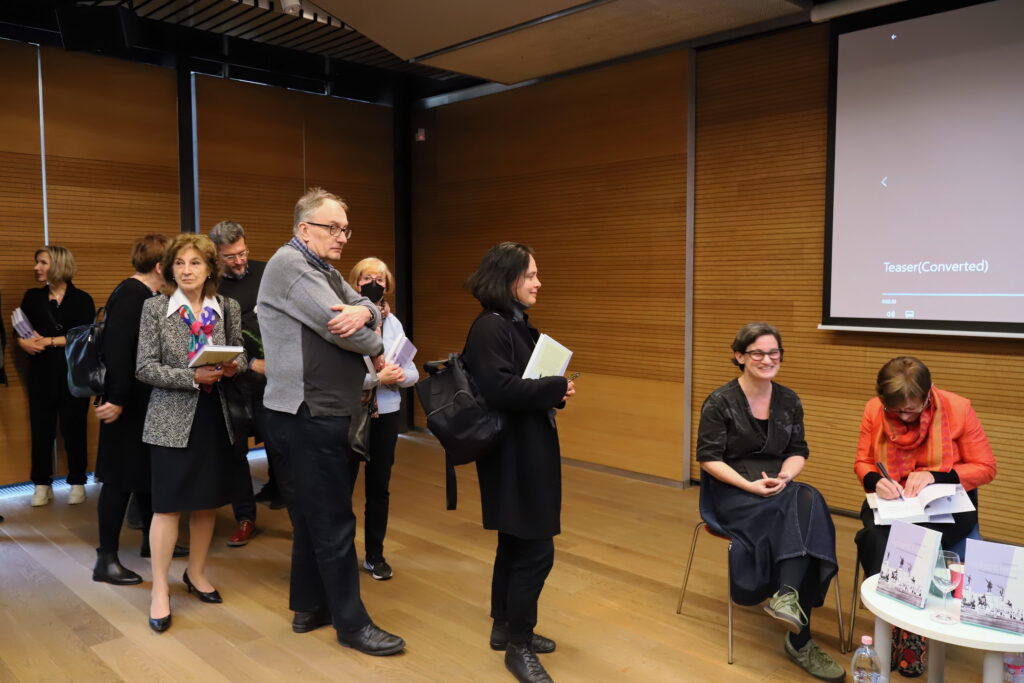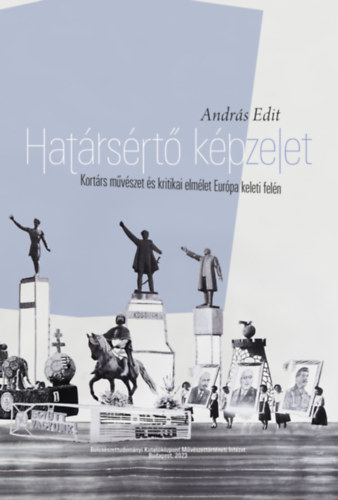
Imaginary transgression: Contemporary Art and Critical Theories on the Eastern Part of Europe (Határsértő képzelet – Kortárs művészet és kritikai elmélet Európa keleti felén.) Budapest: MTA Bölcsészettudományi Kutatóközpont, 2023 [in Hungarian]
If I had to say in a nutshell what kind of book Edit András has written, the first thing that would come to mind is: outspoken. The second would be: unorthodox. Wherever you look, you will not find any ambiguity, evasion, or vague allusions. The text is argumentative and critical, taking the reader from the euphoric and unexpectedly bitter decade after the change of regime when “a world collapsed” and the new one was far from its best-through the unending global political, economic, and mental crisis of the 2000s-to our current oppressive life, plagued by pandemics and war nearby.
What has happened and is happening to us – and, of course, to art and artists in particular – needs to be understood, and an art historian today must contribute to this process of comprehension. In her analyses and investigations, Edit applies the methods of critical art history and contemporary historical theory; she criticizes and argues with her colleagues with due respect, but also with courage. A productive tension runs through all the chapters.
The contemporary art she is most interested in, and has long been engaged with, is essentially conceptual in character, socially sensitive, not without activist overtones, liberating of the imagination, and, above all, daring. That is a third adjective, and I can safely add it to the first two, because that is what this book has become. It is a rare moment in the history of art writing in this country. Let us treat it with respect and appreciate it.
(Gábor Andrási, editor)
